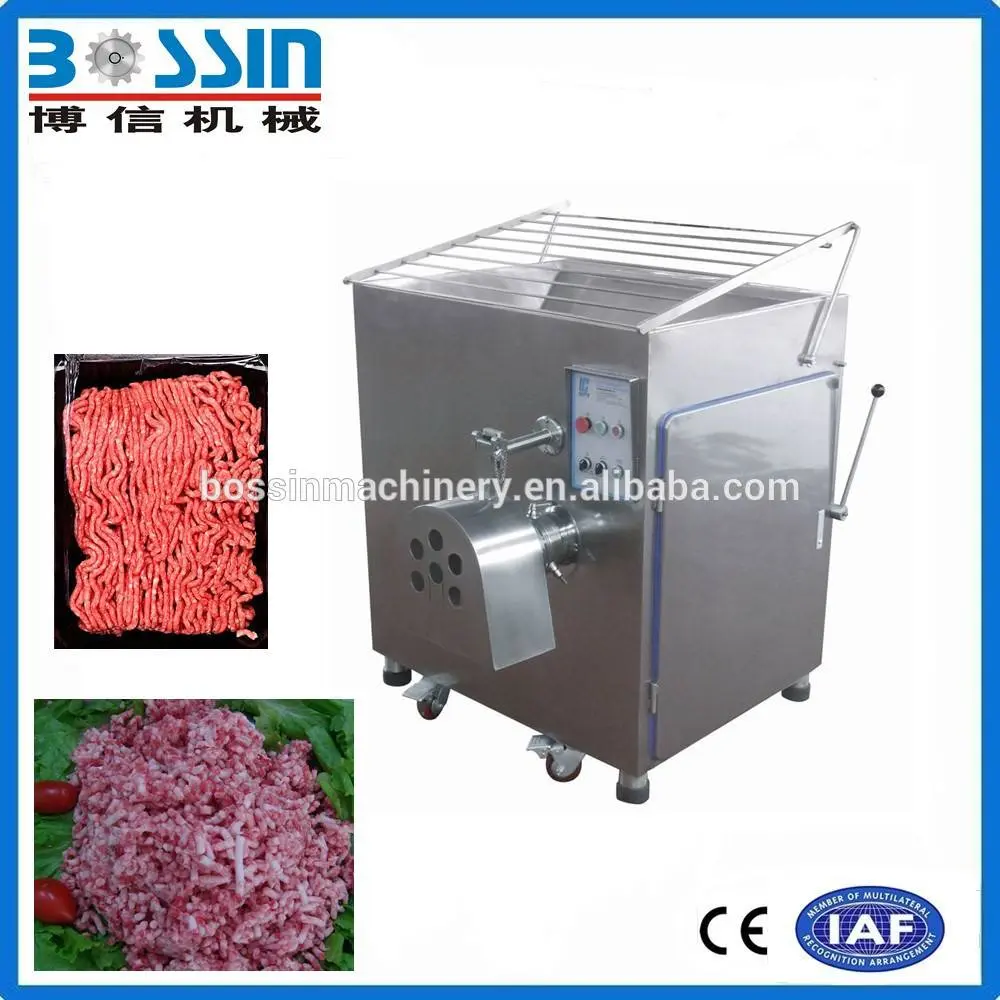
డిసెం . 09, 2024 14:51 Back to list
meat processor
The Role of Meat Processors in the Food Supply Chain
Meat processors play a crucial role in the modern food supply chain, bridging the gap between livestock production and consumer markets. The importance of these facilities cannot be overstated, as they are responsible for converting raw animal products into a wide variety of meat products that are safe, affordable, and accessible to consumers. This article explores the functions, significance, and challenges faced by meat processors in today’s food industry.
Functions of Meat Processing
The primary function of meat processors is to transform live animals into ready-to-eat products, such as steaks, sausages, and deli meats. This process involves several stages slaughtering, dressing, fabrication, and distribution. Each step requires strict adherence to food safety regulations and quality control measures to ensure that the meat is safe for consumption.
In the slaughtering stage, animals are handled humanely and efficiently, following legal standards that promote animal welfare. After slaughter, the carcasses undergo a dressing process, where they are cleaned and prepared for further processing. Fabrication entails breaking down the carcasses into primal cuts, which can then be processed into various products. Lastly, meat processors handle packaging and distribution, ensuring that the products reach retailers and consumers in optimal condition.
Economic Impact
The meat processing industry is a significant contributor to the economy. It provides employment opportunities for thousands of workers, from skilled butchers to machine operators. Additionally, it supports many other sectors, including farming and supply chain logistics. By purchasing livestock from farmers and utilizing local suppliers for packaging and ingredients, meat processors stimulate rural economies and promote agricultural sustainability.
The industry also plays a vital role in food security by ensuring a steady and reliable supply of affordable protein. Meat is a staple in many diets around the world, and meat processors help to maintain a balanced supply that meets consumer demand. This, in turn, contributes to nutritional health, as meat is an important source of essential nutrients, including proteins, vitamins, and minerals.
meat processor

Challenges Faced by Meat Processors
Despite their importance, meat processors face numerous challenges in the dynamic environment of the food industry. One of the most pressing issues is the growing concern over food safety and disease outbreaks. The COVID-19 pandemic highlighted vulnerabilities within meat processing facilities, where outbreaks among workers significantly impacted production levels. As a result, enhancing safety protocols has become a top priority, requiring continuous investment in training, equipment, and facility upgrades.
Moreover, meat processors must navigate changing consumer preferences, with an increasing demand for plant-based options and sustainably sourced products. This shift necessitates innovation in product development and processing techniques, prompting many companies to explore alternative proteins and environmentally sustainable practices.
Regulatory compliance is another significant challenge. Meat processors must adhere to a complex web of local, national, and international regulations regarding food safety, hygiene, and animal welfare. Non-compliance can lead to severe penalties, product recalls, or damage to a company’s reputation.
Future Outlook
Looking forward, the meat processing industry is likely to continue evolving in response to technological advancements and shifting consumer demands. Automation and digitalization are already making inroads into processing facilities, enhancing efficiency and reducing labor costs. Additionally, the increasing focus on sustainability is prompting meat processors to explore more environmentally friendly practices, including waste reduction and energy-efficient operations.
In conclusion, meat processors are indispensable to the food supply chain, driving economic growth, ensuring food security, and responding to consumer needs. While they face significant challenges, the future of the industry remains promising as it adapts to new technologies and shifting market dynamics. As we continue to navigate the complexities of food production, the role of meat processors will undoubtedly remain critical in providing safe and nutritious meat to consumers worldwide.
Latest news
-
Pneumatic Clipping Machine - Shijiazhuang Bossin Machinery Equipment Co., Ltd.|Precision Sausage Production, Automated Clipping Solution
NewsJul.30,2025
-
Pneumatic Clipping Machine-SHJZ Bossin Machinery|Sausage Production Line&Pneumatic Technology
NewsJul.30,2025
-
Pneumatic Clipping Machine-SHJIAXZHUANG BOSSIN MACHINERY|Sausage Production Line&Pneumatic Sausage Filling Machine
NewsJul.30,2025
-
Pneumatic Clipping Machine-Shijiazhuang Bossin Machinery Equipment Co., Ltd.|Efficient Sausage Production, Automated Clipping
NewsJul.30,2025
-
Pneumatic Clipping Machine-Shijiazhuang Bossin Machinery|Sausage Production Efficiency&Automated Clipping Solutions
NewsJul.30,2025
-
Pneumatic Clipping Machine - Shijiazhuang Bossin Machinery | Sausage Production Line, Pneumatic Sausage Filling Machine
NewsJul.29,2025